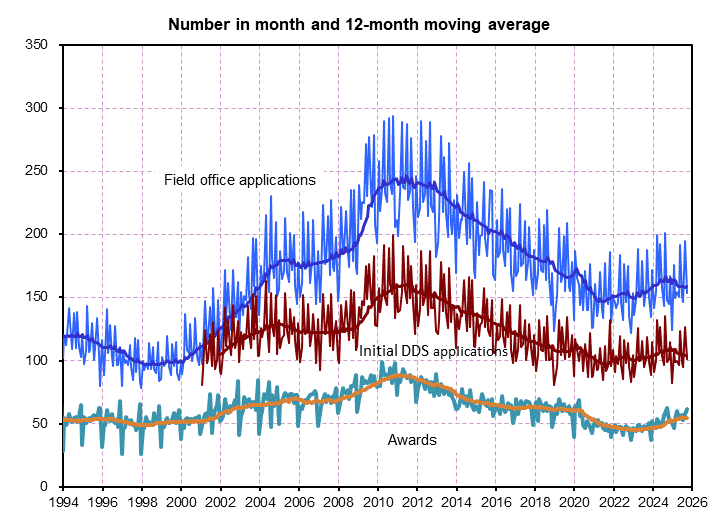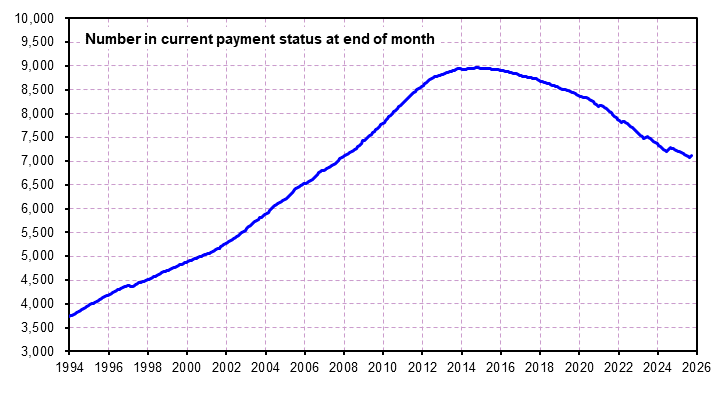From Michael Hiltzik writing in the Los Angeles Times:
The Department of Education and the Social Security Administration jointly are doing yeoman’s work in identifying about 387,000 severely disabled and insolvent Americans saddled with federal student debt they can’t repay and informing them that the law allows their loans to be forgiven. But one agency still needs to act to make sure these people aren’t hit with a tax penalty when that happens: the Internal Revenue Service.
Thus far the IRS has been silent, even though Sen. Elizabeth Warren (D-Mass.) tried to poke it awake last month with a stern letter. Time may be getting short, because the election places the White House and both houses of Congress in the hands of a Republican Party that often has displayed disdain for the plight of people on disability.
The affected persons have been judged to be totally and permanently disabled and to have annual income below the federal poverty level for a family of two, or less than about $16,000. About 80% of those in this category of disability had zero earnings in 2014, according to the Social Security Administration; of the 16% who report any earnings at all, the average is about $8,000. Their median net worth is $200 — and that might even be an overstatement. But their average student loan balance is $18,000. About half already are in default on their loans, the Education Department says. Under federal law, as disabled and insolvent borrowers they’re eligible to have their federal student loans zeroed out.
But few of the eligible borrowers have been taking advantage of the law. Some may have been dissuaded by the Education Department’s demand for extensive documentation of their medical condition. Some may not even have known about the law.
In April, the Education Department and Social Security Administration got proactive by matching up their databases to identify permanently disabled borrowers, whose medical records are kept by the latter agency. Eligible borrowers were to get a letter explaining their eligibility for loan forgiveness and a streamlined application form. ...
The problem is that under federal tax rules, the balance on forgiven debt can count as income — and the Education Department’s discharge of a loan triggers automatic notification to the IRS....
Even if the recipient owes no taxes — and many of them have virtually no taxable income — they may end up hearing from IRS collection agents or even facing an audit. ...
Warren tried to goad the IRS into issuing a no-action guideline for these borrowers — a blanket rule that tax on student loan forgiveness for the severely disabled should be presumed to be waived. That would avert unnecessary pain for the borrowers and the government agencies alike, she observed.By the way, on September 15, 2014, I called on Social Security and the Department of Education to do a database match and automatically cancel the federal student debt for as many of the disabled as possible. A database match program to do exactly what I called for was announced on April 12, 2016. I'd like to think I deserve credit for coming up with this idea but who knows. It should have been obvious to Social Security and the Department of Education without anyone from the outside suggesting it. I don't know why they took so long to do it.


